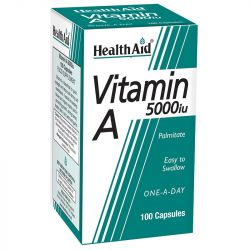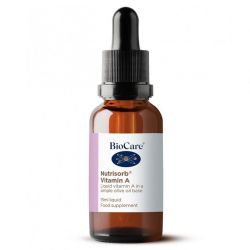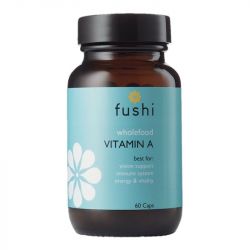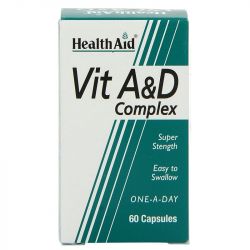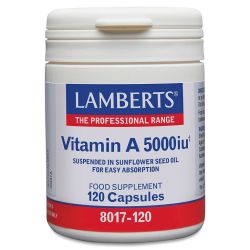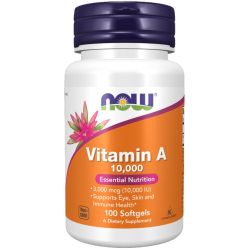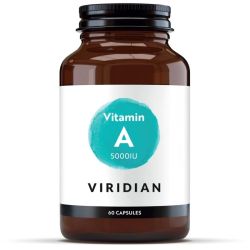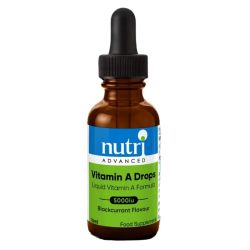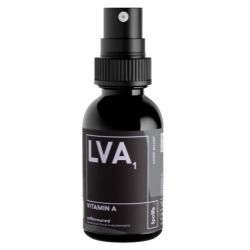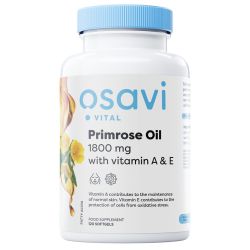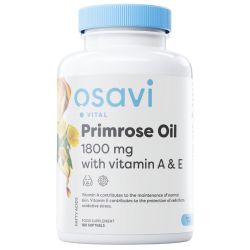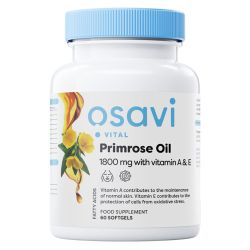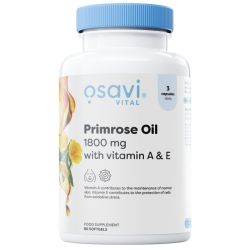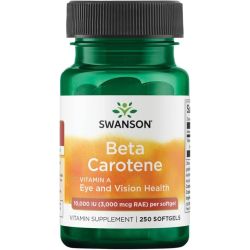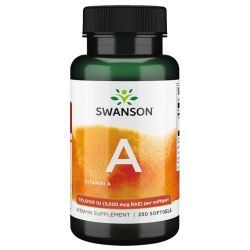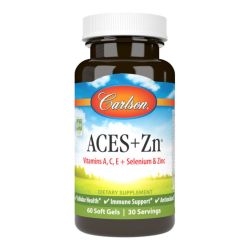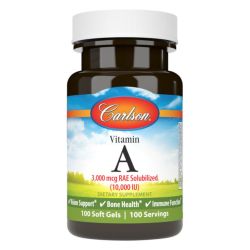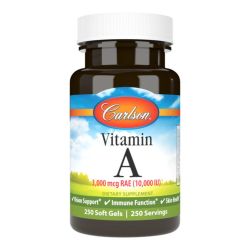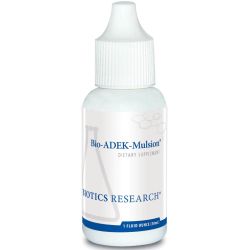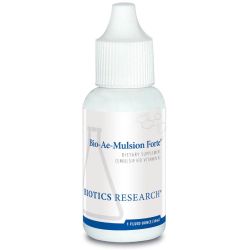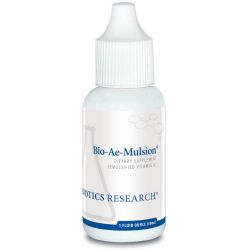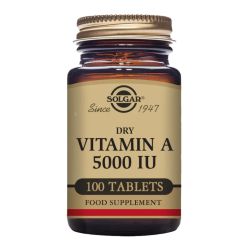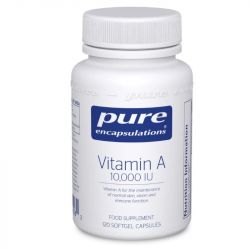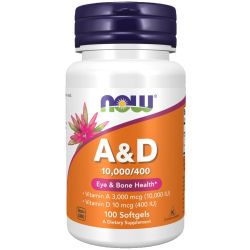Vitamin A Supplements
Vitamin A helps your immune system respond to infections, boosts your ability to see in dim light and keeps skin healthy. For all these reasons, you need to make sure you have enough vitamin A in your diet. This is especially true if you are getting older or are dealing with a condition that limits your ability to get vitamin A into your system.
Shop Vitamin A Capsules, Tablets & Liquid Drops
Vitamin A tablets and capsules are the most popular way of getting a daily dose. Which form you choose will simply depend on your preferences. Vitamin A drops are also available if you have trouble swallowing. Vitamin A supplements are most commonly called retinol when used in skincare products, though there are ingestible liquid forms too.
- Lipolife 1UP Immunity Multivitamin Oral Spray Apple Pie & Custard 50mlSpecial Price £9.60 Regular Price £12.00
- Pure Encapsulations Vitamin A 10,000iu Capsules 120Special Price £9.92 Regular Price £12.40Out of stock
Advice For Vitamin A Supplements
WHAT IS THE RECOMMENDED DAILY DOSE OF VITAMIN A?
Typically, it is advised that men consume 700ug (2300iu) of Vitamin A per day whilst women only need 600ug. The National Academy of Science in the USA has recently determined that nobody should exceed a dose of 10,000iu of Vitamin A per day. Taking more than this would put you at risk of Vitamin A toxicity if it were taken for a long time. Be aware of your vitamin A intake, from multinutrients and foods, when considering taking vitamin A supplements.
WHAT ARE VITAMIN A CAPSULES GOOD FOR?
Vitamin A capsules are easier to swallow than vitamin A tablets as they are smoother. Vitamin A capsules are a great way to get a quick daily dose of vitamin A and support your lung, heart and eye health, as well as your immune system.
WHAT ARE THE BEST VITAMIN A TABLETS & CAPSULES?
We recommend the following vitamin A tablets or capsules if you aren't sure which to choose:
- Solgar Dry Vitamin A 5000iu Tablets 100
- Viridian Vitamin A 5000IU Capsules 60
- Lamberts Vitamin A 5000iu Capsules 120
About Vitamin A
DOES MY BODY STORE VITAMIN A?
Vitamin A is fat soluble. Your body stores it in the liver and then transports it all over the body to any part that it is needed.
IS IT BETTER TO TAKE VITAMIN A OR BETA-CAROTENE?
The liver converts Beta Carotene (preformed Vitamin A) into Retinol but this process is quite inefficient. In recent studies it was observed that the body requires 12mcg of Beta Carotene to produce 1mcg of retinol.
That said, Beta Carotene is a good antioxidant and some studies have suggested that Beta Carotene intake could improve lung function or even reduce the chances of smokers contracting lung cancer.
SHOULD I AVOID THE SUN IF I TAKE VITAMIN A?
Vitamin A is converted by the liver to Retinol. Retinol is good for the skin and promotes the formation of new skin cells. The new skin cells are initially delicate and this is why it is advised to avoid sun exposure. One solution is to only take Vitamin A supplements at night.
CAN I TAKE VITAMIN A WHEN PREGNANT?
Generally, this would not be advisable. Large doses of Vitamin A can harm the foetus. In addition, it is advised that pregnant women should not eat food like liver pate as this contains very large amounts of Vitamin A.
WHAT ARE THE RISKS IF I TAKE TOO MUCH VITAMIN A?
The most common issue is bone demineralization. This is when your bones become more brittle and at risk of breaking more easily. This would only be likely to occur after a long sustained period of using too much Vitamin A. If you do not exceed 10,000iu per day then this should not be a cause for concern. Be aware of what supplements you are taking, including if you are taking a vitamin A supplement alongside a multivitamin or multinutrient.

